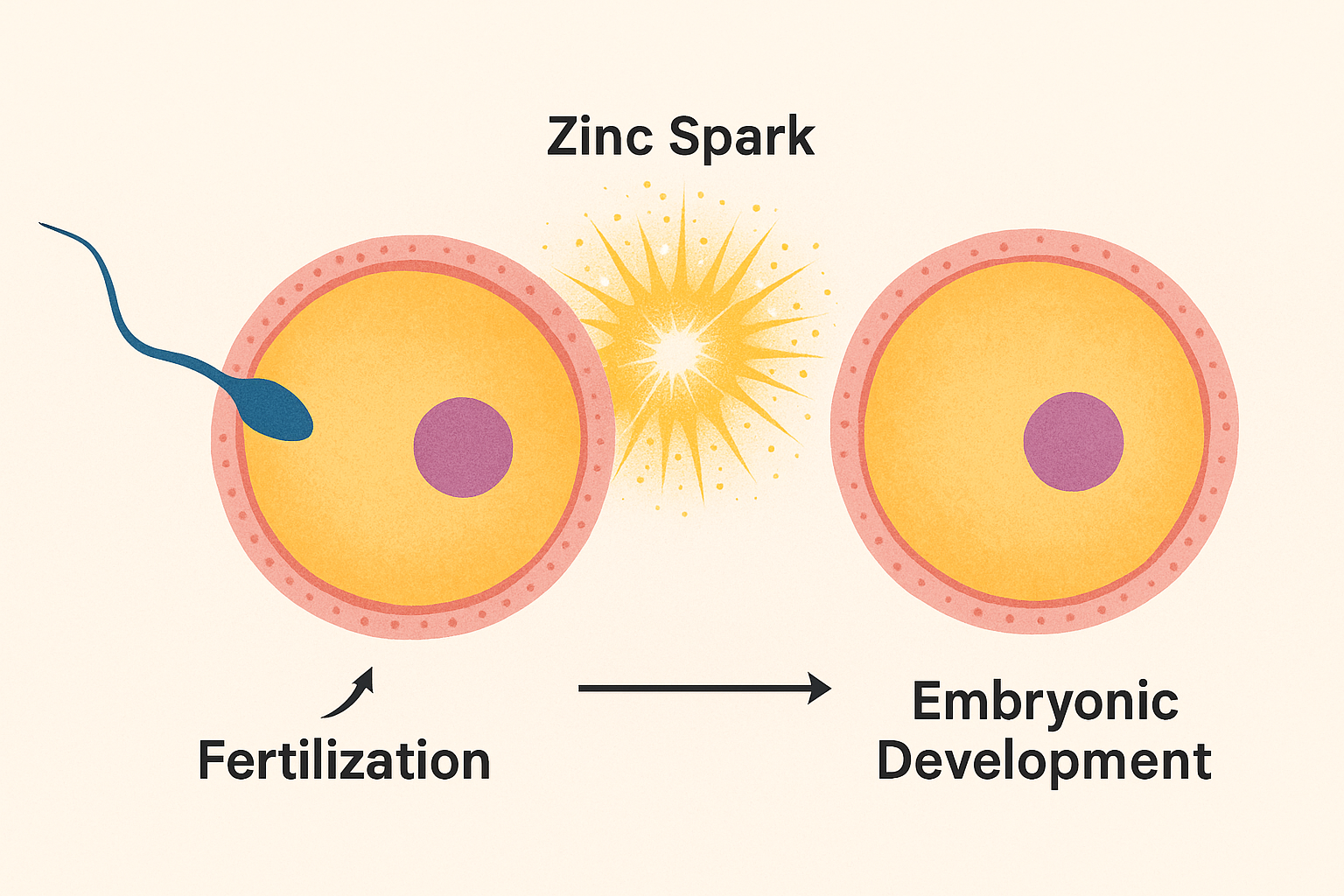What does it mean to worship in spirit and in truth?
It's Friday, but Sunday's coming!
The Mystery of The Gospel of Jesus Christ
Why is sexual sin more dangerous than sin outside the body?
Does The World Need Jesus?
Does the World need Jesus?
Yes — from a Christian perspective, the world absolutely needs Jesus.
Here’s why, based on biblical teachings:
🌍 1. Humanity’s Deep Need
“For all have sinned and fall short of the glory of God.” – Romans 3:23
According to Scripture, every person is in need of forgiveness, reconciliation, and healing — things that Jesus uniquely provides. Humanity is spiritually broken, and no amount of self-effort, moral living, or worldly achievement can fix that.
✝️ 2. Jesus Is the Only Way
“I am the way, the truth, and the life. No one comes to the Father except through me.” – John 14:6
This claim by Jesus is radical — He doesn’t say He shows the way; He is the way. For Christians, this makes Jesus essential, not optional. He bridges the gap between a holy God and sinful humanity.
💔 3. A World in Crisis
The world is filled with war, division, addiction, injustice, and hopelessness. These aren’t just political or economic problems — they are spiritual ones. Jesus brings peace, purpose, and true transformation from the inside out.
🤍 4. Love Like No Other
“God demonstrates His own love for us in this: While we were still sinners, Christ died for us.” – Romans 5:8
The cross is the ultimate display of love. No one else has laid down their life to redeem all of humanity. Jesus offers not just a better life, but eternal life — and that’s a hope the world desperately needs.
🙌 5. A Kingdom That Will Never Fall
Every earthly kingdom rises and falls. Jesus offers a Kingdom that cannot be shaken — one of righteousness, peace, and joy in the Holy Spirit.
So… does the world need Jesus?
Yes. Because without Him, we are lost. But with Him, there is hope — for individuals, families, nations, and the world.
So, How Does Jesus Change Lives Today?
🙋♂️ How Jesus Changes Lives Today
1. He Heals the Brokenhearted
“He heals the brokenhearted and binds up their wounds.” – Psalm 147:3
People are walking around carrying invisible wounds — from abuse, rejection, trauma, and failure. Jesus meets people right where they are and brings deep healing, peace, and restoration that nothing else can.
2. He Sets People Free
“If the Son sets you free, you will be free indeed.” – John 8:36
From addiction to anxiety, shame to fear, Jesus offers freedom. Not just temporary relief — true liberation. His Spirit empowers people to walk in victory and leave chains behind.
3. He Gives Identity and Purpose
“You are a chosen people, a royal priesthood… God’s special possession…” – 1 Peter 2:9
In a world of confusion, Jesus grounds our identity — not in status, race, politics, or performance, but in being sons and daughters of God.
4. He Offers Eternal Life
“Whoever believes in the Son has eternal life…” – John 3:36
Jesus doesn’t just improve our current life — He gives a new one, forever. That hope is what gives meaning, even in suffering.
📣 How to Share Jesus in a Hurting World
👂 Listen First
Sometimes the most Christ-like thing you can do is listen. Jesus often met needs before preaching — healing the sick, feeding the hungry, weeping with the grieving.
❤️ Live Like Him
Let your life preach louder than your words. People are drawn to love, peace, and grace in action.
💬 Speak Boldly but Gently
“Always be prepared to give an answer… with gentleness and respect.” – 1 Peter 3:15
You don’t have to have all the answers — just a real story of what Jesus has done in your life. Be honest, be vulnerable (where appropriate) and be transparent. Let your words match your heart and match your actions - a mindset focused on Jesus. Set your heart on things above, set your minds on things above (Colossians 3 gives us the right mind, heart, soul and spirit focus on doing these things; Romans 12 gives us practical application to implement these as well). Ask God to reveal things in us that we need to surrender (or repent). As Jesus to forgive you of these things and ask the Holy Spirit to guide you in ways that honor God in all that we do.
Blessings,
Dante







